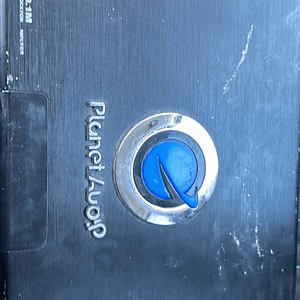stuffandthangs
Junior Member
I did the BIG 3, to say the least.
4 Gauge Wire
Alternator to Battery
Battery to Chassis
Chassis to Block
Battery to Block
Battery to PDC
Battery to Starter
I had to replace the alternator anyways, why not put some better cables on?
Overkill or not, your thoughts?
I'm thinking about doing this
4 Gauge Wire
Alternator to Battery
Battery to Chassis
Chassis to Block
Battery to Block
Battery to PDC
Battery to Starter
I had to replace the alternator anyways, why not put some better cables on?
Overkill or not, your thoughts?
I'm thinking about doing this


